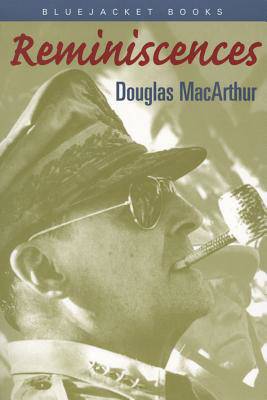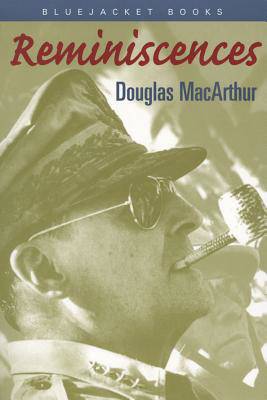
- Afhalen na 1 uur in een winkel met voorraad
- Gratis thuislevering in België vanaf € 30
- Ruim aanbod met 7 miljoen producten
- Afhalen na 1 uur in een winkel met voorraad
- Gratis thuislevering in België vanaf € 30
- Ruim aanbod met 7 miljoen producten
Zoeken
Omschrijving
Written in his own hand and finished only weeks before his death, Gen. Douglas MacArthur's memoir spans more than half a century of modern history. His vantage point at center stage during major controversies of the twentieth century enabled him to present unique views of the conflicts in which he played a vital role. No soldier in modern time has been more admired--or reviled. Liberator of the Philippines, shogun of Occupied Japan, victor of the Battle of Inchon, the general was a national hero when suddenly relieved of his command by President Truman. His supporters believe his genius for command and ability to implement that command by strategy stand as landmarks in military history. His critics are not so kind, calling him a gigantic ego paying homage to himself in this book. Decade by decade, battlefield by battlefield, this self portrait is a moving final testament to a life of service that began at West Point and continued in Vera Cruz during the Mexican uprisings and throughout the world wars. Appointed Supreme Commander of Allied Forces in the Pacific, MacArthur was the architect of the campaign to drive the Japanese from their strongholds at Bataan, Corregidor, and New Guinea. His recounting of World War II is dramatically punctuated with intimate portraits of key personalities and insights into his stand on controversial issues. Although the autobiography was written more than thirty years ago, it continues to be a valuable document of the period.
Specificaties
Betrokkenen
- Auteur(s):
- Uitgeverij:
Inhoud
- Aantal bladzijden:
- 472
- Taal:
- Engels
- Reeks:
Eigenschappen
- Productcode (EAN):
- 9781557504838
- Verschijningsdatum:
- 15/04/2012
- Uitvoering:
- Paperback
- Formaat:
- Trade paperback (VS)
- Afmetingen:
- 155 mm x 229 mm
- Gewicht:
- 657 g

Alleen bij Standaard Boekhandel
+ 83 punten op je klantenkaart van Standaard Boekhandel
Beoordelingen
We publiceren alleen reviews die voldoen aan de voorwaarden voor reviews. Bekijk onze voorwaarden voor reviews.







